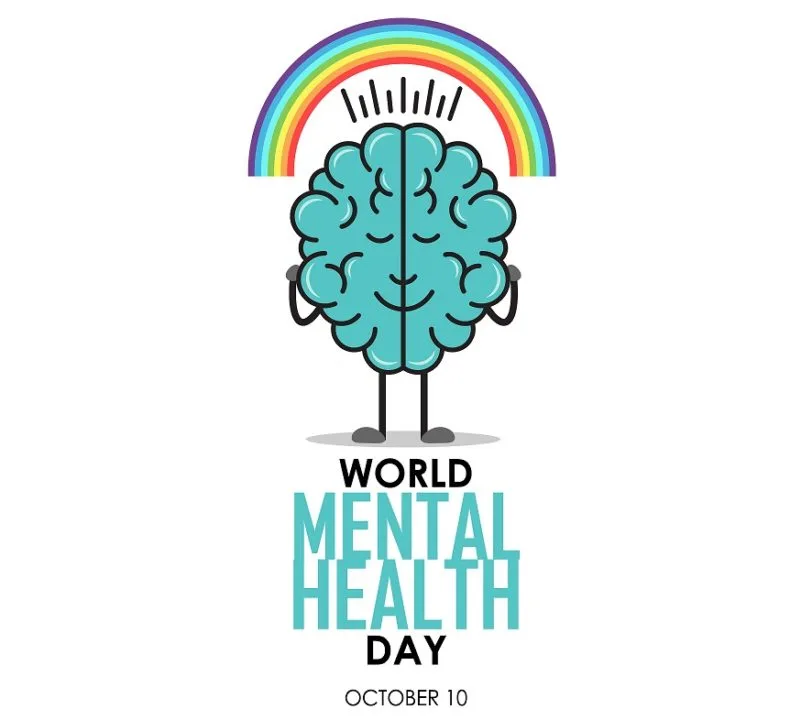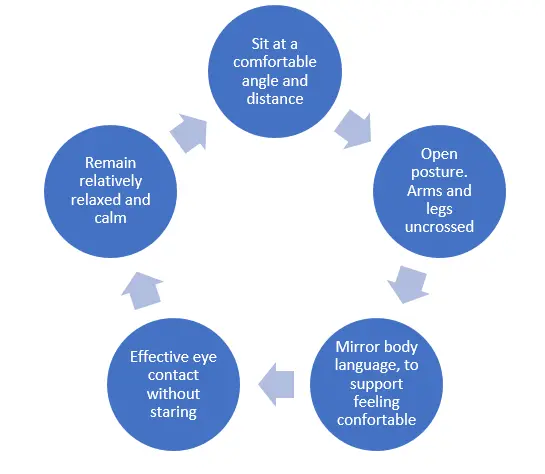World Mental Health Day

10th October is World Mental Health Day – a global recognition day aimed at raising awareness of mental health issues, offering education and support, and encouraging us to talk more openly about our mental health. This year the theme set by the World Federation for Mental Health is suicide prevention.
Suicide is not a mental health condition. However, it is linked to mental distress. In the UK in 2018, there were 6,507 deaths by suicide, overall men accounted for three-quarters of the deaths by suicide in this year.
Suicide prevention advises ‘WAIT’ as a good way to remember how you can support another person who may be suicidal.
Watch out for signs of distress, a change in behaviour and or physical signs e.g. Isolation from others, social withdrawal, irritability, emotional outbursts crying/aggressive, talking about death or suicide.
Ask “are you having suicidal thoughts?”
Asking about suicidal thoughts does not mean that you will encourage it or lead a person to start considering it. In fact, it can prevent it, and this could encourage a life-saving conversation.
It will pass – assure the person that with help, their feelings of suicide will pass in time.
Talk to others – encourage the person to seek help from their GP or health professional, or maybe somebody that they trust.
Importance of empathy and being non-judgemental
When we empathise with someone, we understand how they might feel and can imagine what their emotional state is like, but we don’t have to feel the same way.
Being non-judgmental means having the ability not to express an opinion. When somebody tells you something about themselves that you may not agree with or understand, it is important that you recognise that everybody is different and that your purpose is to just listen, with trust and confidence.
To be a clear listener when somebody is talking to you, there are 5 steps to attentive listening:

Tips for supporting the wellbeing of your team whilst at work
- Develop a work culture where everyone is treated with respect
- Develop a culture where communication is open and honest
- Employees know that it’s OK to talk about mental health
- Help to reduce the stigma and stereotypes
- Allow employees to inform you of any adaptations you need to make
- Ensure that the employee has the right level of skills for the job
- Make sure that employees have a manageable workload
- Operate flexible working hours so that employees can balance the demands of home life with work
- Audit the work environment for physical stressors such as flickering lights, and eliminate them.
Five ways to wellbeing
- Connect – Evidence shows that feeling close to and valued by others, whether at home, work, school or in the local community, is a basic human need
- Be active – Exercising makes us feel good, whether it’s a walk or a run, playing a game, dancing, cycling or gardening
- Take notice – Be curious. Catch sight of the beautiful. Remark on the unusual
- Keep learning – Trying something new, picking up an old interest or signing up for a course we’ve been thinking about for a while provides the kind of stimulus that is essential for wellbeing
- Give – Happiness research has found that doing an act of kindness once a week for six weeks is associated with an increase in wellbeing.

Alex’s Story
Alex, from our HR department, shares her insights into mental health:
“As a Mental Health First Aider, I am fully aware that I am not an expert!
I am, in many cases, the first step on the road to someone’s journey with their mental health. My purpose is to provide a safe environment for employees to talk, to feel at ease to get anything they desire off their chest and to try and make sense of “how” they are feeling.
It takes time to build a relationship built on trust and confidence, but that’s okay because if you’re talking to me, you are taking control and you are building your foundations.
If talking to me makes employees feel better, a little lighter in their thought process, then this is a good thing. I’m not here to be judgemental, I’m here to listen, support and encourage.”
Support is available
We all need a helping hand on occasions. There is always someone who can help, such as:
- Talk to someone you trust
- Speak to your GP
- Contact to the Samaritans
- Contact HOPElineUK
- NHS 111
- C.A.L.M national helpline for men